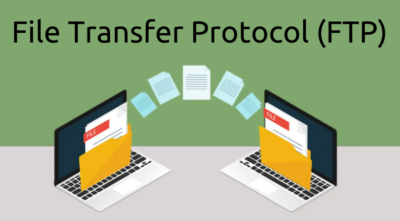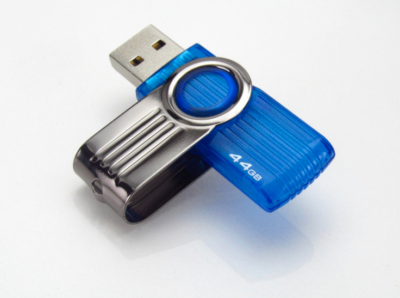A paper and pen are to lawyers what Python is to back-end developers; they can’t live without it. Though files were predominantly written, organized, and shared as physical paper copies, the advancement of technology has provided a simpler and more efficient solution. IT teams have structured law firms to rely on FTPs, USBs, and email for large file transfers and although these methods have served their purpose, there are many reasons for small and large law firms to transition to cloud-based file sharing.
The pressure of digital transformation due to customer expectations, compliance with security regulations, and speed are key drivers to adopt secure file-sharing services into law firms.
In this article, we will explore some existing large file-sharing methods deployed by law firms and their limitations, and how some top law firms are sharing large files today.
INSIDE THIS ARTICLE
File Transfer Protocol (FTP)

In addition, the average attorney or support staff member won’t know how to use FTP. In firms where FTP is the primary method of exchanging large files, the IT team will have to execute the FTP connection and facilitate the file sharing process. This can often lead to delays since attorneys and support staff are unable to share files on their own.
USB and Flash Drives

The key advantages of USBs are their ease of use, low cost, and true plug-and-play nature. USBs are simply inserted into a computer, uploaded with files, and ready to be used while only costing anywhere between $5 to $30 depending on their size. The lack of file size limitations is ideal for law firms that require large transfers and is likely the reason many still use them. However, there are many important disadvantages to beware of when considering this method.
In order to protect client confidentiality, lawyers need file transfers to be secure. Simply put, USBs are not. Since USBs are plugged into several computers/machines, if one of the systems has malware, it can easily transfer onto the USB and corrupt the files. Additionally, many USBs pose a security risk due to human error. Since they are exchanged between people (and are objectively very small in size) there is a high probability the drive can be misplaced or stolen.
Since there is often no password protection on USBs, any person that obtains the drive will have access to its contents. For large file transfers, USBs have been a great tool, however, as security risks have been on the rise, secure file sharing solutions are needed for client information protection.
The Best Large File Sharing Alternative

What’s the best large file sharing alternative? Many law firms have switched to TitanFile. Secure file sharing solutions were created to protect client data and heighten cybersecurity for law firms. With TitanFile, all files are automatically encrypted in-transit, at-rest, and end-to-end to ensure unauthorized users are unable to access documents. As well, HIPAA, GDPR, and PIPEDA compliance mean law firms’ files are protected to the highest standards of security.
TitanFile is also built for attorneys and support staff, giving them self-serve access to sharing large files on their own. With no restrictions on file sizes, types, or volumes, they’re able to address all file-sharing use cases at blazing-fast upload speeds.
Conclusion
Digital transformation is a business transformation and law firms that adopt advanced technologies into their practices will benefit immensely. Adopting a secure file sharing platform, such as TitanFile, ensures that large file transfers are quick, easy, and most importantly, secure. If your firm is currently using FTPs, USBs, or email to transfer files, we highly recommend an alternative method.
Learn more about file sharing for your law firm or sign-up for a free trial to explore how our platform can benefit you.

